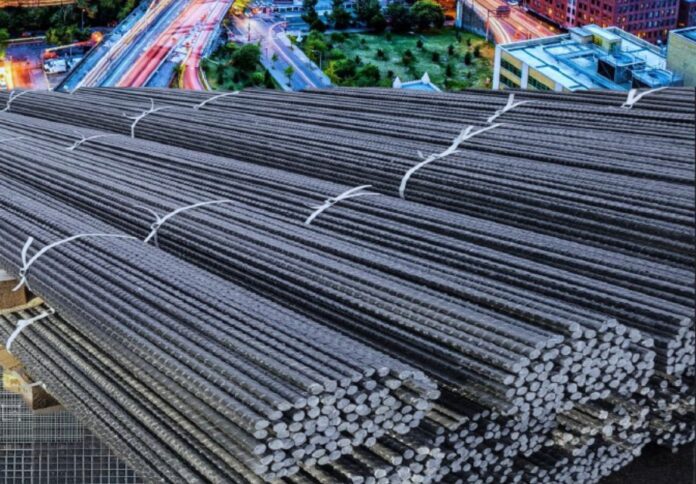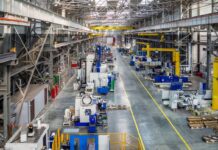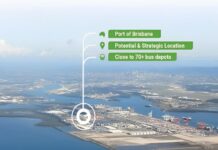
Technofast Industries, a global specialist in bolt tensioning, is introducing to the Australian market a cost-effective and high-strength alternative to traditional reinforcing bars that is a quarter of the weight of the same size of steel product.
The South Korean Dong Shin materials Glass Fibre Reinforced Polymer (GFRP) rebar product is capable of increasing work speed 2 to 2.5 times while imposing less load burden on buildings and structures, according to John Bucknell, founder and CEO of Technofast.
Technofast will be the exclusive GFRP distributor for Australia.
The product is designed to be safer to handle and install and is versatile for architects, builders, and engineers to use on diverse projects, including those with electromagnetic field issues.
It is produced by one of the world’s most advanced GFRP plants into which extensive research and development of GFRP mass-production technology has been invested over the last five years to deliver a quality and cost-efficient product.
According to Bucknell, the GFRP rebar used to be more expensive than steel rebar, but new mass production technology in a new plant permits manufacture at a highly competitive price.
“The 5000 square metre plant specialises in advanced technologies including GFRP, nanomaterials, secondary battery material, EMI shielding, and machine R&D,” Bucknell said.
GFRP rebar also features credentials in sustainability, including the reduction of waste caused by traditional reinforced concrete’s vulnerability in some applications to salt, moisture, chemicals, and factors that can produce waste due to frequent maintenance.
In addition to the high-strength plastic resins employed, such as vinyl ester and epoxy, recycled PET can be used as a raw material for GFRP rebar production.
“Our distribution of this product complements perfectly our own manufacturing and distribution of Technofast’s wide range of hydraulic fastening, safety, and maintenance ranges to a large range of established customer bases across mining and energy, manufacturing and maintenance, construction and civil engineering, primary processing and materials handling, water and wastewater, and ports, electrical and communication infrastructure,” Bucknell added.




















